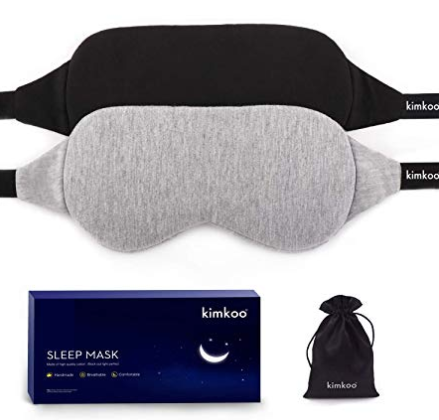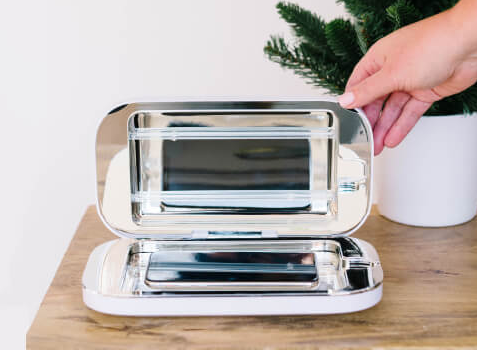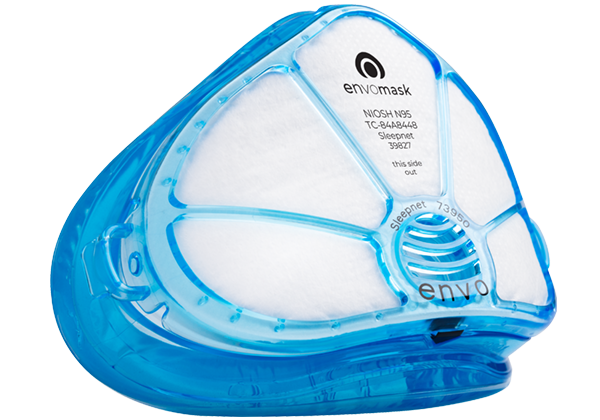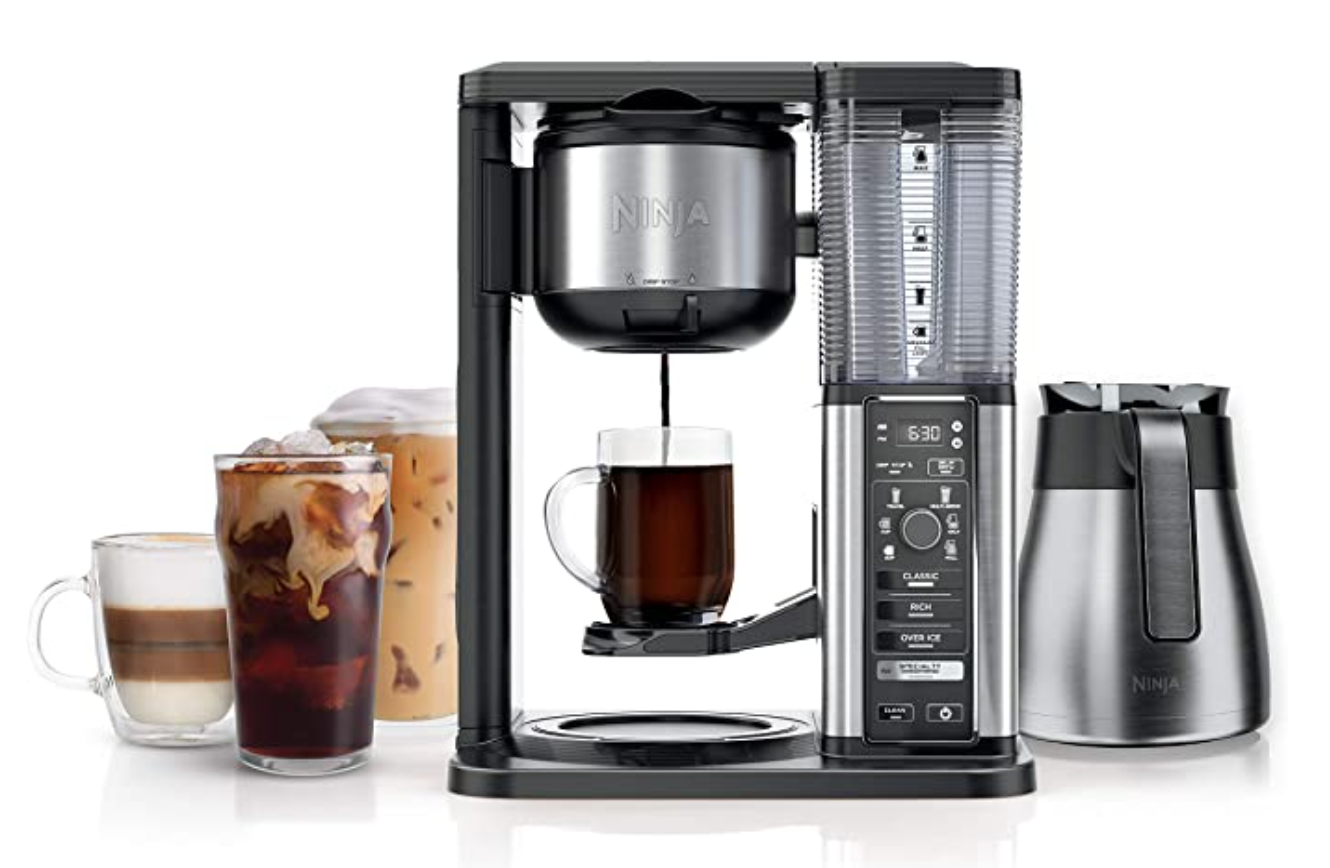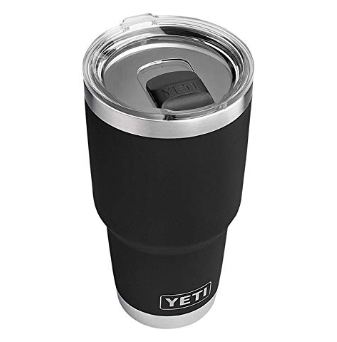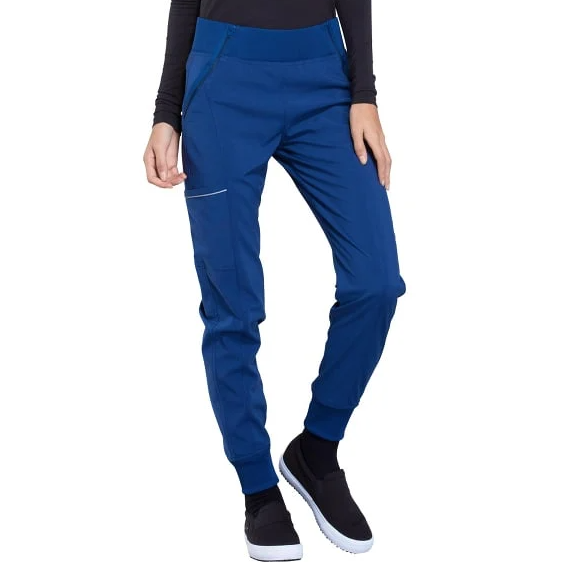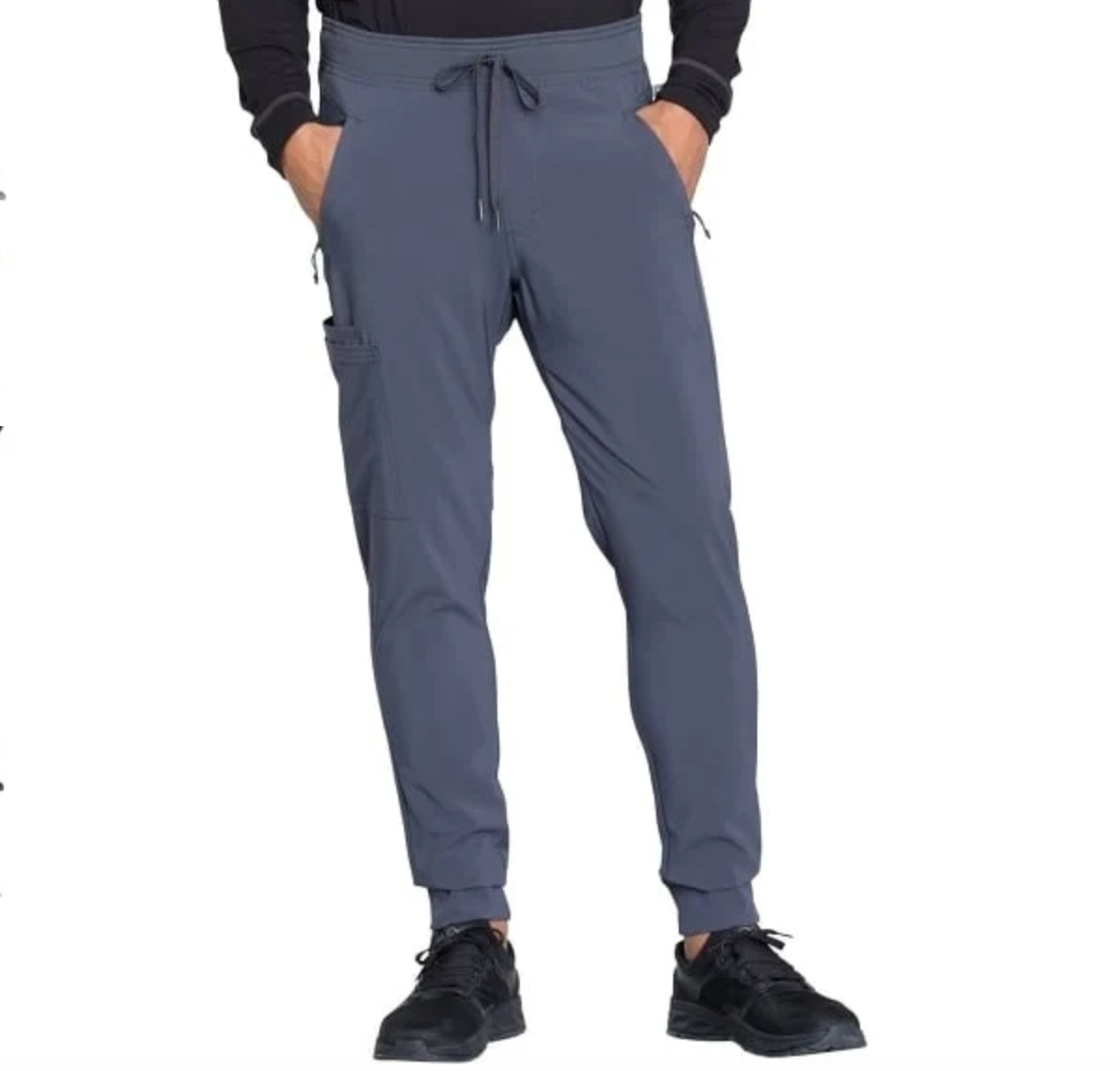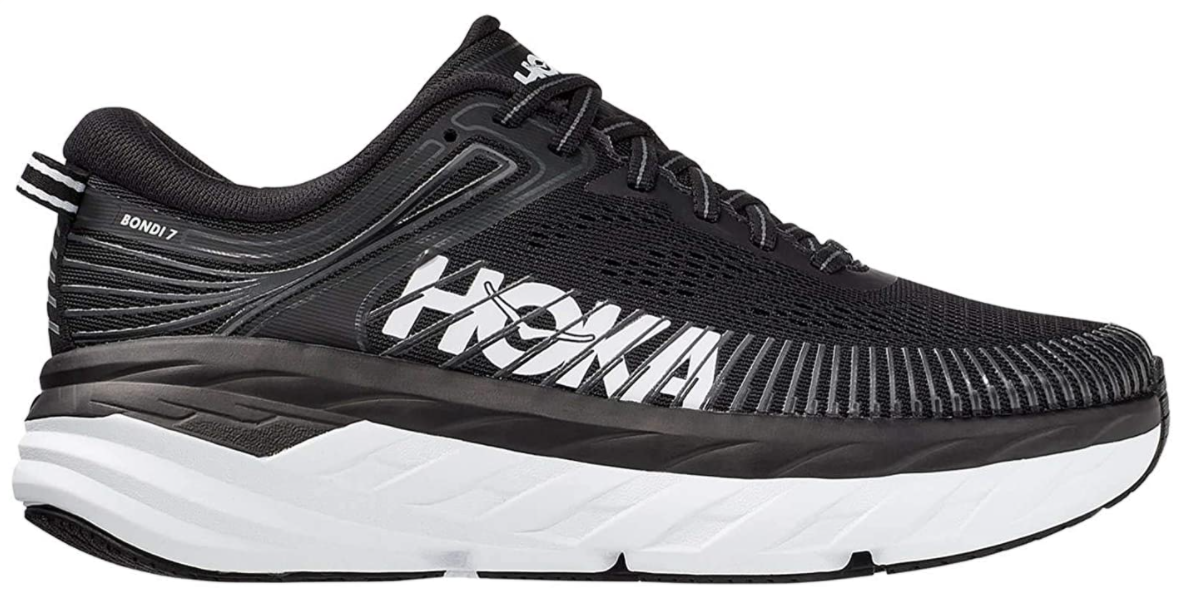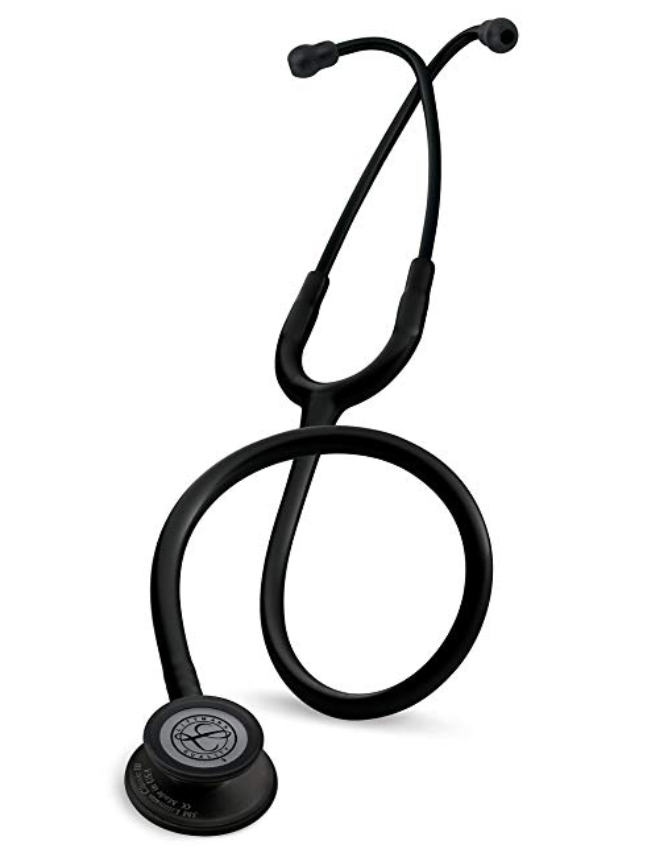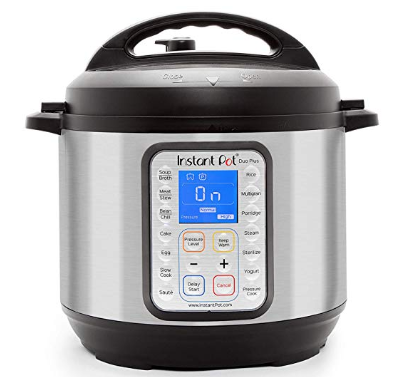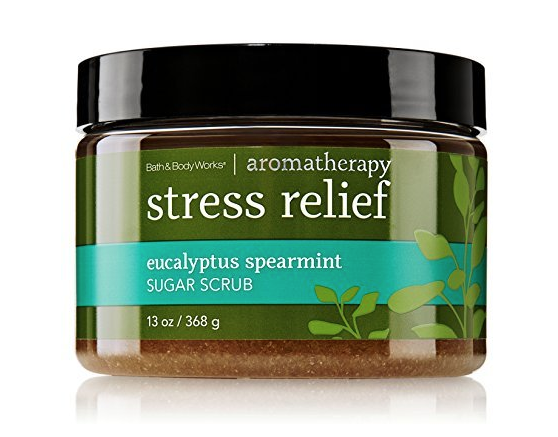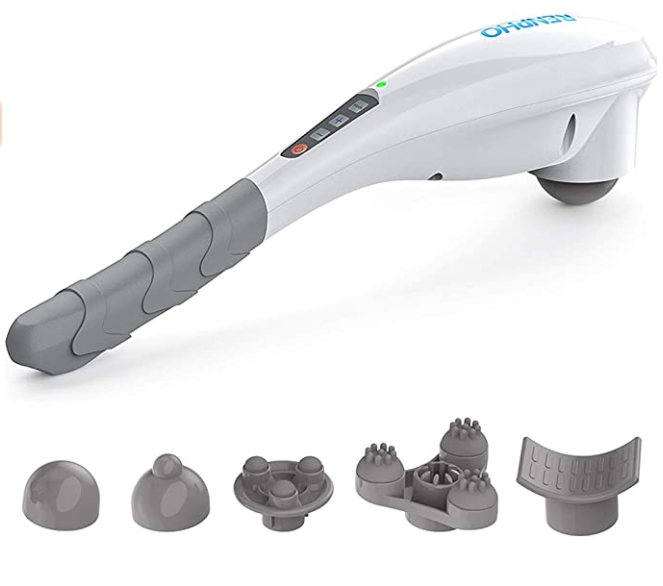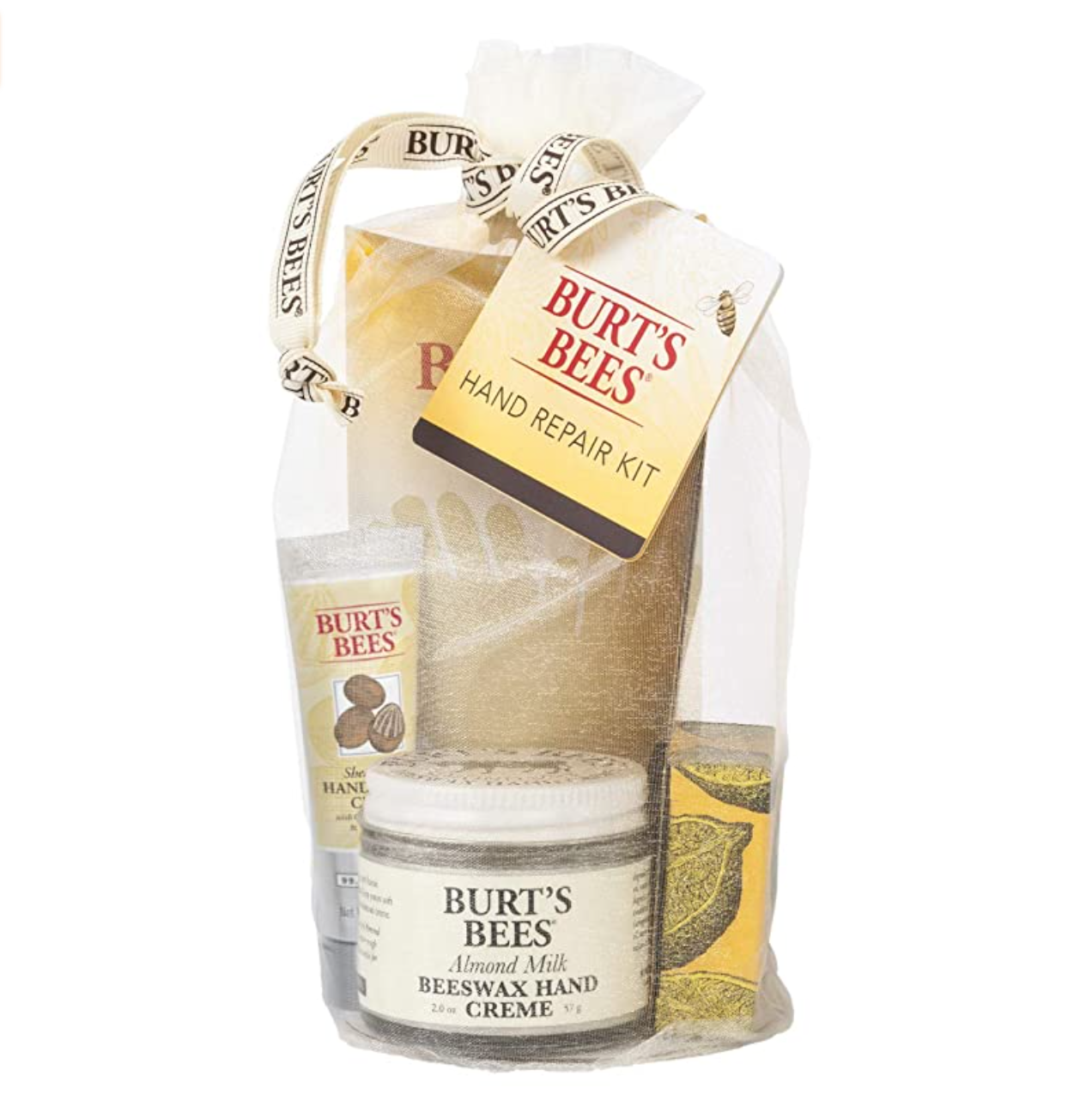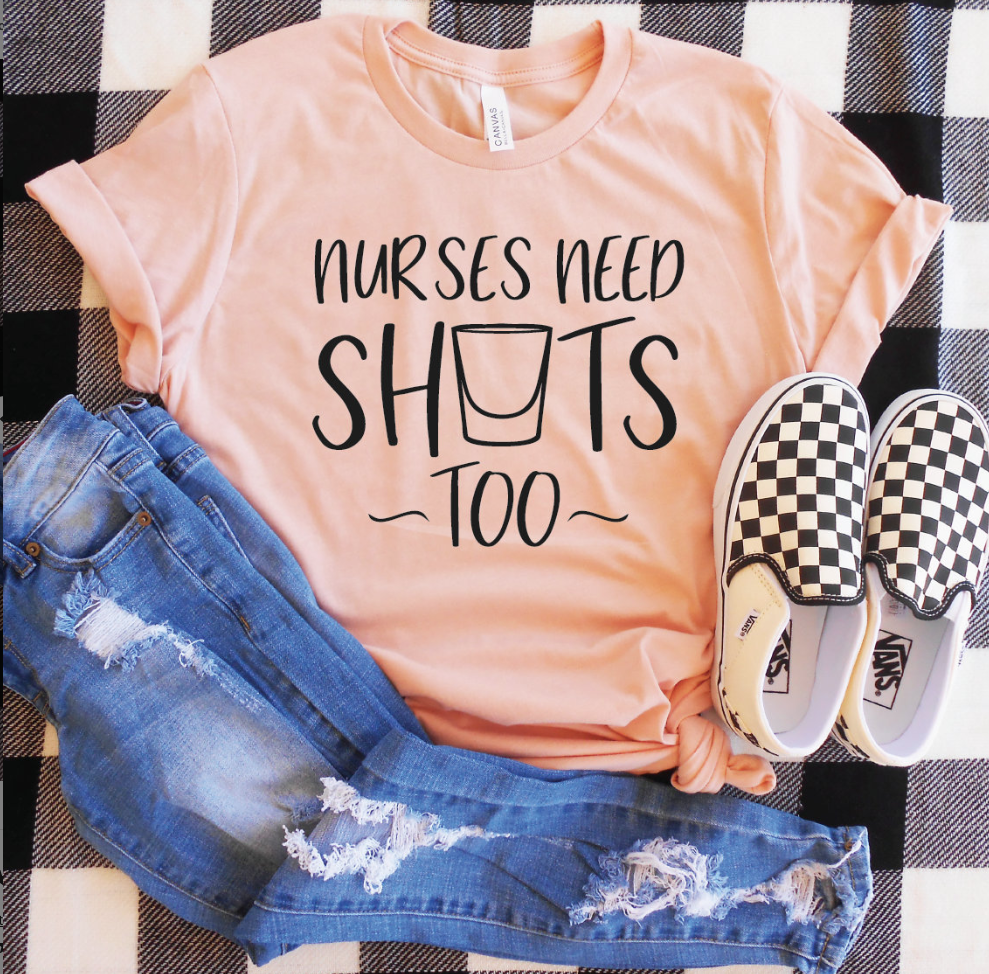The healthcare system has access to more data than ever before. Thanks to wearable health technology and digital patient records, it is very easy to receive granular insights both into induvial patients’ health and wellness and the well-being of entire communities.
Hospitals have the tech, but many lack the ability to process and interpret the information they are getting. Informatics nurses can change this.
In this article, we look at how informatics nurses will shape the future of health care.
What Are Informatics Nurses?
Informatics is the study of computational systems that are designed to store, manage and process data. It is a broad discipline used in industries across the business sector. In healthcare, informatics are used to observe trends and recognize patterns, both as they relate to individuals, and communities at large.
In the world of healthcare, data has recently become more important than ever. The desire for data implementation is there, but the skill set to take advantage of it may not be in many places. Informatics nurses have been educated to handle data, AI, and other technologies that are key modern medicine. They are there to bridge the skill gap, allowing hospitals and healthcare systems to reap the full benefits of data processing and implementation.
Bridging disciplines
Historically, nurses have met their patient’s needs with a combination of compassion and medical understanding. These qualities still have their role in the healthcare system, but they don’t necessarily naturally include more modern healthcare skill sets such as technological fluency and data comprehension.
Informatic nurses bridge the skill gap between healthcare practices of the past and future. Currently, many healthcare systems across the country are handicapped by staff that were educated well before modern data analysis principles even existed. They don’t have the background knowledge, nor the availability to learn new skills that would be required to take full advantage of healthcare data processing.
By hiring informatics nurses, healthcare systems can provide their patients with the best of all worlds, giving them high-quality care that is backed up by sophisticated data sets.
Better Patient Outcomes
Data improves patient outcomes by allowing physicians to take a granular look at the individual’s information, and then cross-reference it with information from people in their demographic.
Instead of looking simply at a patient’s height, weight, and age, informatics nurses will be able to examine health trends based on more specific considerations, like heart rate, blood pressure, and more.
Better intel breeds better outcomes. Data interpretation can help care providers select the course of treatment most likely to produce success for the individual being cared for.
Treating Hard-to-Reach Patients
Data can also improve care for people who might otherwise find it difficult to access the healthcare system. Rural communities are often a good example of this. Several towns may share one hospital, putting some people many miles away from high-quality care.
While these people may not be able to get to the doctor’s office routinely, they can still produce important health data through wearables. Infomatic nurses can then access this information remotely, monitoring patients’ health even from a great distance.
This means patients’ can receive lifestyle recommendations without ever going to the doctor. They may even be able to catch health conditions early, despite their limited access to conventional medicine.

With a Bachelor’s in Health Science along with an MBA, Sarah Daren has a wealth of knowledge within both the health and business sectors. Sarah has been a consultant for a number of startup businesses, most prominently in the wellness industry and health education. She implements her health knowledge into every aspect of her life with a focus on making America a healthier and safer place for future generations to come.



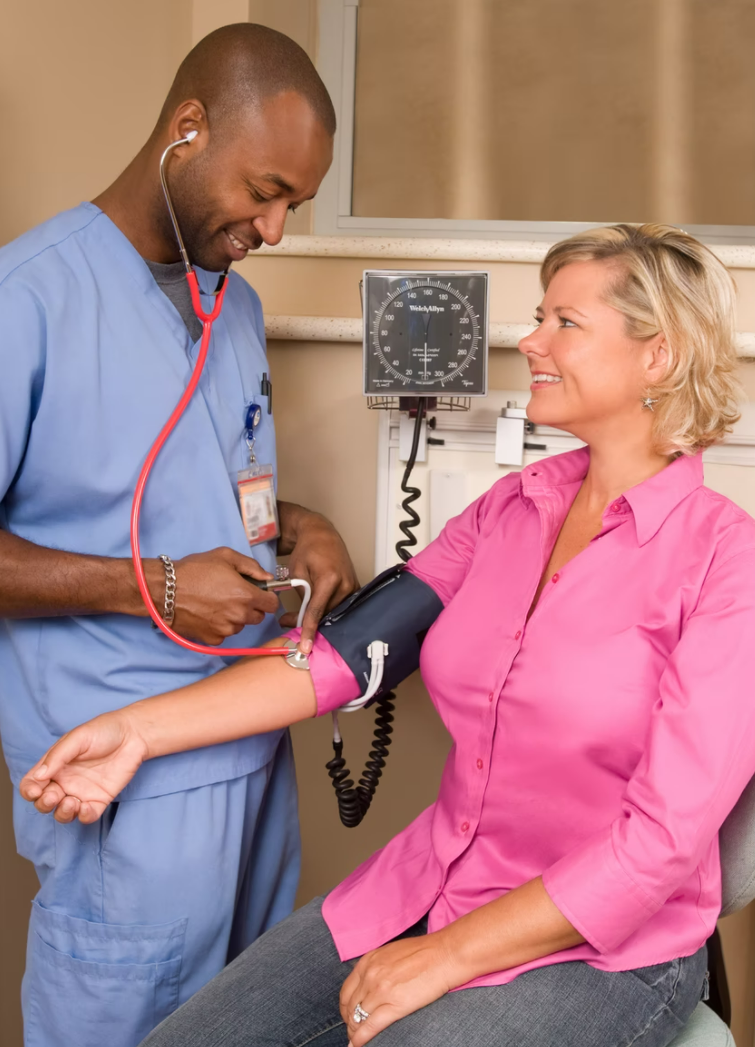


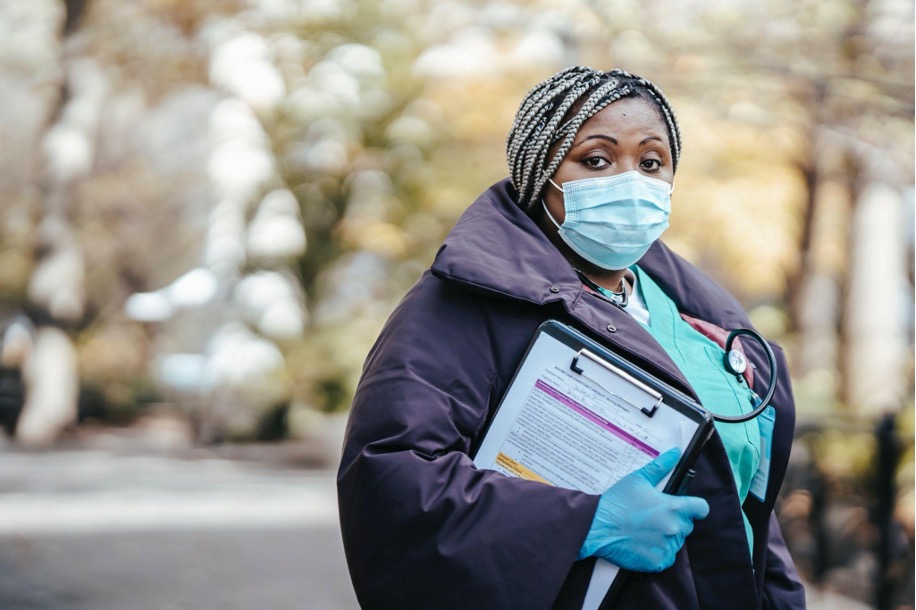
 Katie Brenneman is a passionate writer specializing in lifestyle, mental health, activism-related content. When she isn’t writing, you can find her with her nose buried in a book or hiking with her dog, Charlie. To connect with Katie, you can follow her on
Katie Brenneman is a passionate writer specializing in lifestyle, mental health, activism-related content. When she isn’t writing, you can find her with her nose buried in a book or hiking with her dog, Charlie. To connect with Katie, you can follow her on 



